6 Reasons Why Your Eyelashes Might Be Falling Out



Katrina Mitzeliotis Lanza

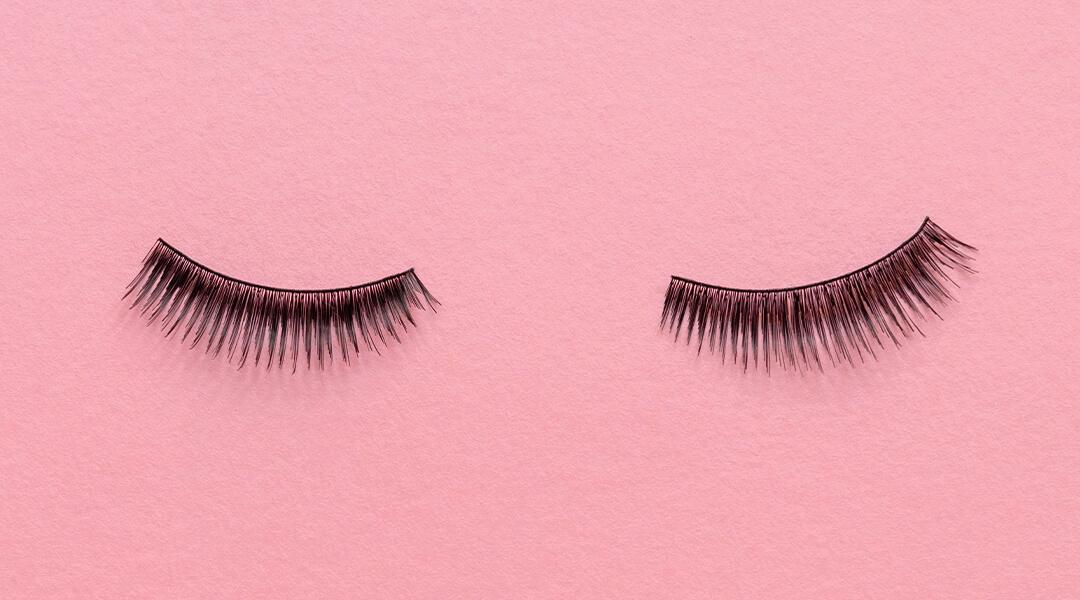
Our eyelashes go through a growth cycle similar to the hair on our head, where our eyelashes experience a period of growth before they fall out and the cycle begins again. While it’s normal to lose one to five eyelashes a day as they naturally fall out on their own, if you start noticing rapid eyelash loss, it might be time to investigate.
Everything from your overall health to your daily skincare routine and even stress could be behind your sparse lash line. While the cure could be as simple as switching out your daily cleanser, sometimes a trip to a doctor is required to get to the bottom of why your eyelashes fall out more frequently than others. Ready to get to the root of your eyelash loss and restore your natural lashes? You’ve come to the right place. We’ve rounded up the common reasons that could be at play and cures to help you restore your eyelashes.


It's about glam time you treated yourself.
MEET THE EXPERT
Bruce Moskowitz is an Oculoplastic Surgeon at Specialty Aesthetic Surgery in NYC. Dr. Moskowitz received his B.S. from Wesleyan University and his M.D. from SUNY Downstate Medical School. After a residency in Opthamology, Dr. Moskowitz continued his post-doctoral training in Oculoplastic and Reconstructive Surgery at the New York Eye & Ear Infirmary.
5 reasons why your eyelashes are falling out—and how to stop it.
You’re taking off your makeup wrong.
Both a lack of cleansing—a.k.a. sleeping in your makeup—and cleansing too vigorously can contribute to hair loss at the lash line, so it’s best to adopt a Goldilocks approach to ensure you’re washing your face just right to protect your natural lashes, even when you’re tempted to scrub off waterproof mascara. “Removing makeup properly and nightly is a good way to ensure healthy eyelids,” says Bruce Moskowitz, MD, oculoplastic surgeon at Specialty Aesthetic Surgery.Double cleansing with an oil-based cleanser is an effective way to remove stubborn makeup and even eyelash glue from false lashes without tugging at your eyelashes and will ensure your hair follicles stay clean and healthy. You can also check out our guide on how to remove waterproof mascara if you want to wash your face without hindering eyelash growth.
If you opt for makeup remover, micellar water, or makeup wipes, gently massage the area instead of rubbing and wash away the remaining residue with a gentle cleanser. When you scrub too hard or rub around the eyes, it causes breakage and results in the premature loss of eyelashes. When you finish washing your face, resist the urge to rub. Instead, it’s best to pat dry using a towel. Bonus: This will also lead to less wrinkles and preserve the delicate skin around the eyes.
You’re using expired products.
Paying attention to expiration dates on beauty products is just as important as checking the date on the milk carton in your fridge, so be aware of the shelf life of your eye makeup before it comes in contact with your face, even if it isn’t printed on the bottle. Unfortunately the FDA doesn’t require cosmetic companies to print dates on products, so the responsibility rests on you to make note of when you open new products. This is even more important when you reach for your mascara, because the moist, dark tube is a breeding ground for staph bacteria, which increases your likelihood of contracting pink eye or leading to inflammation or irritation.
If you don’t, you risk transferring bacteria from the mascara tube to your lashes, causing irritation and leading to lash loss. Not sure when it’s time to toss your makeup? Once you open a new mascara, it shouldn’t be kept past three months. While it pains us to waste half a tube, an overgrowth of bacteria on the eyelids is a common cause of eyelash loss and leaves you susceptible to a slew of irritating diseases. If you find yourself barely making it through a tube of mascara after three months, it might be best to buy smaller, travel-sized products.
You’re using a hot eyelash curler.
Heat and lashes don’t mix, so if you’re someone who warms up your eyelash curler with the blow dryer or has a hot eyelash curler at home, it’s time to retire it ASAP. “Avoid excessive manipulation of the lashes,” says Dr. Moskowitz, who advises against curling irons or hot curlers. Not only can it cause breakage and damage to the hair follicles, causing your eyelashes to fall out prematurely, but you also risk burning your skin. Nourish and fortify your lashes with a growth serum rich in peptides and a conditioner to promote healthy regrowth.
You’re Stressed.
Stress has a sneaky way of messing with your appearance, whether it’s behind a bad breakout or something more serious. When we’re stressed, our body releases cortisol, the hormone associated with our fight-or-flight response. An influx in cortisol leads to a variety of reactions within our bodies and causes our metabolism to fluctuate. Fluctuations caused by high stress are associated with hair loss, which includes hair on our heads, lash line, and brow line. In fact, stress is believed to be one of the main triggers of telogen effluvium, a temporary hair loss condition that can impact the scalp and also lead to eyelash loss. If you suffer from telogen effluvium, your doctor can get to the root of the problem. If it’s stress-related, anxiety management, meditation techniques, or counseling can be employed to help manage stress and correct hair loss.
Your Diet.
What we eat has a direct correlation to how our body functions, and one of the first signs of a deficiency is hair loss. “Nutritional deficiencies require involvement of the patient's primary care physician to treat cases,” says Dr. Moskowitz. In order to correct and promote hair growth, it’s best to eat a diet that consists of protein, biotin, vitamins A and C, niacin, and iron. “Make sure that your diet is complete with proper caloric intake and consideration of Zinc and Biotin supplementation,” says Dr. Moskowitz. You can also take a multivitamin to ensure you’re getting all the nutrients you need.
It’s a medical issue.
While correcting eyelash loss could be as simple as buying a new mascara and correcting bad beauty habits, other times it’s a sign of something more serious, like underlying medical conditions. “Patients should seek medical attention for lash loss as it can be the first sign of local or systemic disease,” says Dr. Moskowitz, who recommends making an appointment with your dermatologist or ophthalmologist. Common diseases that cause eyelashes to fall out include alopecia, blepharitis, trichotillomania, and autoimmune diseases (to name a few). While it can seem scary to address an undetected illness, the good news is that with proper care you can correct the problem. “In general, the causes are typically treatable and result in regrowth of the lashes,” says Dr. Moskowitz.
If you have patches of missing hair at the lash line you could suffer from alopecia areata, an autoimmune condition that’s characterized by swelling at the hair follicle, which leads to eyelash loss. When oil glands near the lash line get clogged, chronic inflammation of the eyelids occurs and impacts the hair follicles, leading to blepharitis. Symptoms include itchy, red, inflamed eyelids, and a burning sensation around the eye area. “Often the treatments involve cleaning the eyelid margins with baby shampoo or special wipes and using topical antibiotics or anti-inflammatory medications,” says Dr. Moskowitz.
The sooner you get to the cause behind the loss of eyelashes the sooner you can correct the problem, and there are a variety of changes you can implement to strengthen the hair follicles at the lash line and promote eyelash growth.
Want in on all the Glam Bag fun? Take our Beauty Quiz now to get started. Already an Ipster? Refer your friends to earn points, which you can use toward products. Either way, don’t forget to check us out on Instagram and Twitter @IPSY.
Liked this post? Share!
Related Stories
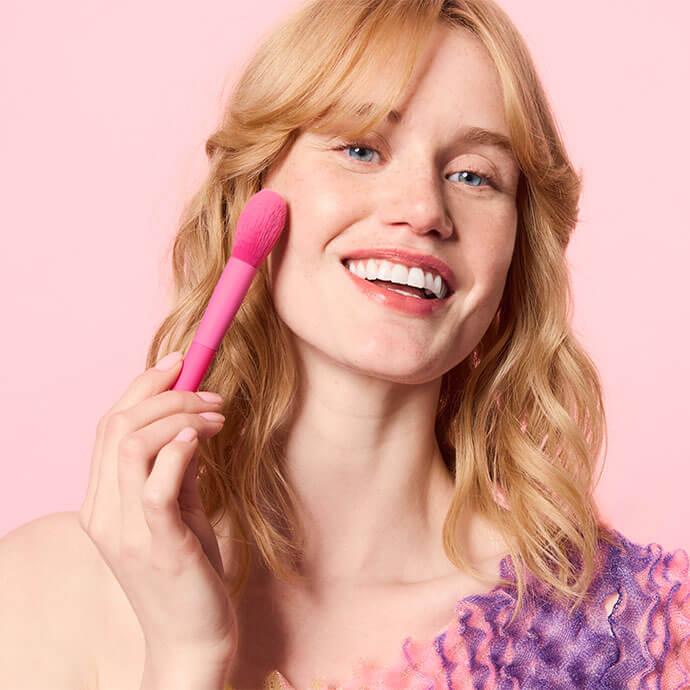
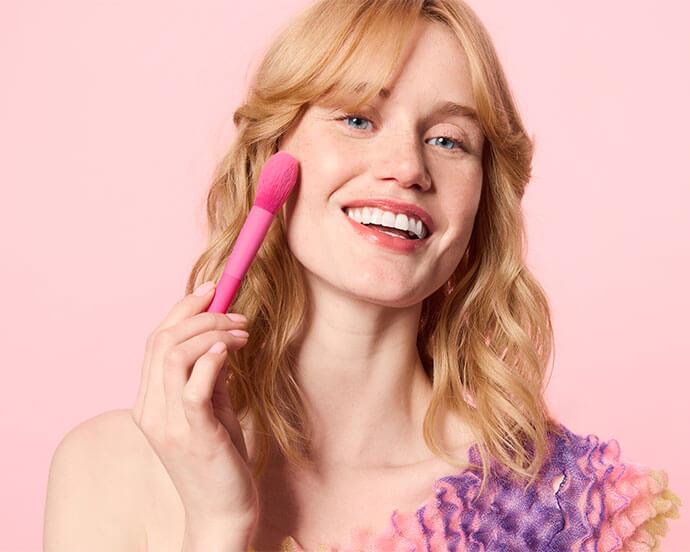
How-To
Blush 101: Your Go-To Guide on How to Apply Blush for Your Face Shape
Published on Dec 12, 2025 • 12 min read
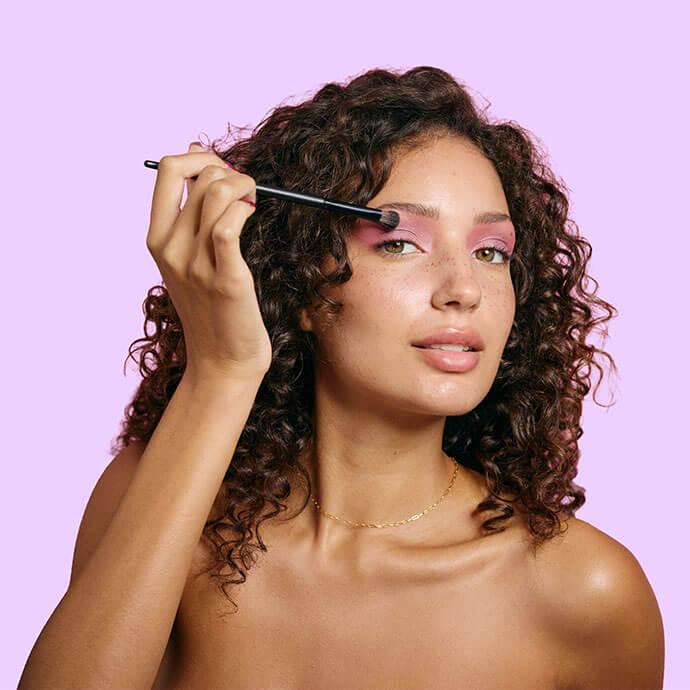
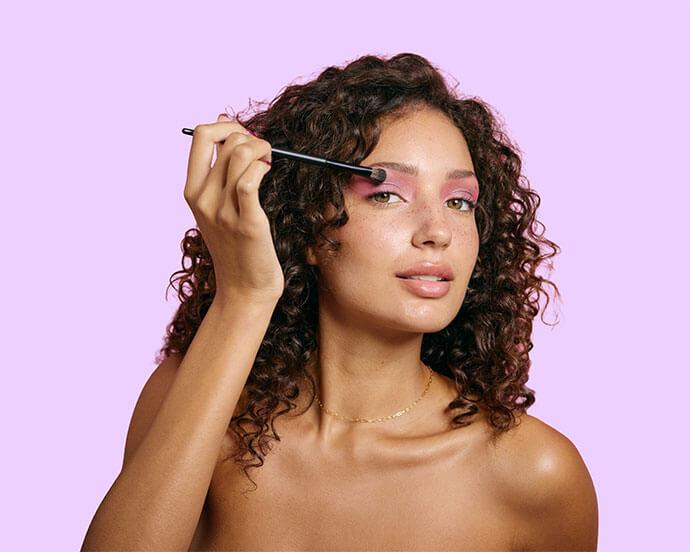
How-To
How to Apply Eyeshadow: A Beginner’s Guide to Flawless Eye Looks
Published on Dec 4, 2025 • 10 min read


How-To
How to Do Winged Eyeliner Like a Pro (No Steady Hand Required)
Published on Dec 3, 2025 • 9 min read
How-To
Try a Soft Goth Aesthetic This Season to Evoke Your Inner Wednesday Addams
Published on Feb 23, 2023


How-To
Everything You’ve Ever Wanted to Know About Mastering the Art of Bronzer
Published on Nov 5, 2025 • 10 min read


How-To
Blush Sticks 101: How to Apply Them and the Best Blush Sticks to Use
Published on Nov 5, 2025 • 13 min read


How-To
How to Treat Yourself: 39 Simple Self-Care Ideas
Published on Oct 22, 2025 • 15 min read


How-To
How to Cover Melasma With Makeup Like a Pro in 4 Simple Steps
Published on Sep 26, 2025 • 5 min read


Beauty Picked Just for You
Get 5 products worth up to $70
Plus exclusive access to epic deals up to 80% off
Starting at just $14/month. Cancel anytime.